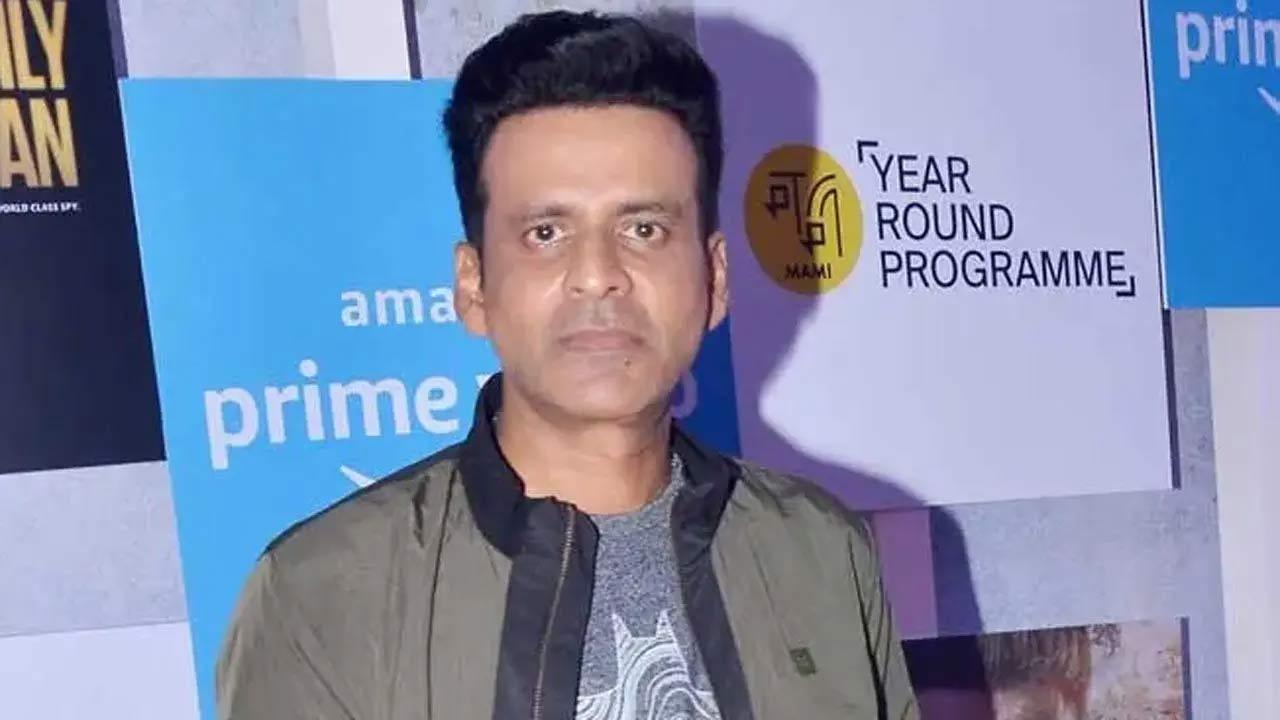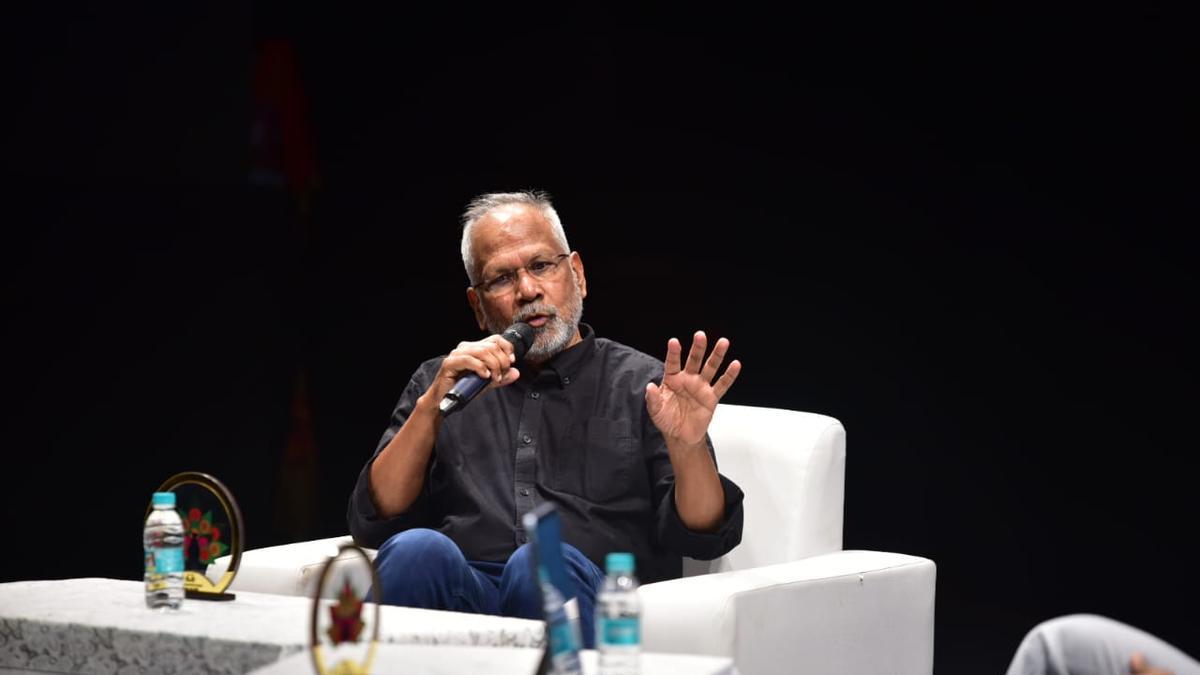
Anticipation for a compelling socio-political sports narrative grippingly portraying religious bigotry’s encroachment into cricket may have been aroused by the promotional materials and pre-release interviews of Aishwarya Rajinikanth’s movie “Lal Salaam.” The film, despite featuring Vishnu Vishal and Vikranth as cricketer protagonists and articulating a stance against religious discrimination in sports, relegates cricket to a near-negligible backdrop in a narrative that barely concerns itself with the sport.
“Lal Salaam” unfolds as an earnest social drama set against the backdrop of a fictional town called Murardabad, where the harmonious coexistence of Hindus and Muslims shatters not due to religious conflicts but spurred by ego clashes, personal vendettas, and reprehensible political machinations. The instigator, a politician’s son-in-law, wields the personal hostility between two young local cricketers—Thirunaavukkarasu and Shamsuddin—to pit communities against each other for electoral gains. The unfolding drama follows the more vulnerable Thiru, creating an intense, albeit disjointed narrative.
The movie’s writer Vishnu Rangasamy brings a passionate, empathetic gaze to a sensitive matter with the potential for a riveting storyline. Regrettably, the script’s lack of finesse and overindulgence in melodrama, coupled with Aishwarya’s perplexing use of voice-overs, mar the film’s execution. The narrative structure further confounds the audience with its ineffective non-linear progression. It brandishes the aftereffects of communal riots sparked by an incident at a cricket ground followed by Thiru’s arrest, only to segue into an unrelated romantic subplot that adds little to the central conflict.
The screenplay’s most glaring misstep lies in its withholding of the central conflict for too long, resulting in a payoff that prompts more questions than satisfaction. This critical time could have been more judiciously allocated to developing Shamsuddin’s perspective, who, as much a victim of the unfolding events, remains underexplored, overshadowed by the narrative’s focus on his father.
Amid the film’s inconsistencies, Rajinikanth’s role as Moideen Bhai—Shamsuddin’s father and a business magnate from Mumbai—stands out as the portrayal that resonates with strength and charisma. His defiance against abhorrent communal bigotry is a highlight, yet it cannot entirely redeem the film’s overt convenience and simplified dissection of deep-seated religious intolerance.
A.R. Rahman’s score, typically an asset, feels heavy-handed, overshadowing moments that might have otherwise unfolded more naturally. Nevertheless, the film’s casting is commendable, as Vishnu and Vikranth deliver laudable performances, with actor Senthil capturing attention in his portrayal of a lonely temple priest.
“Lal Salaam” is a film burdened by noble aspirations that fall short in presentation, leaving the audience yearning for a narrative that is as refreshing and insightful as its intent. The gravity of addressing religious discord and the pursuit of secular ethos is undoubtedly praiseworthy, but the film’s execution does not rise to its thematic ambitions.
The movie continues its run in theaters, evoking discussions on its portrayal of sensitive socio-political issues in the realm of Tamil and broader Indian cinema. Despite its shortcomings, “Lal Salaam” contributes to the ongoing dialogue about the intersection of art, society, and secular values, even if it fails to provide an incisive examination of these complex subjects.










